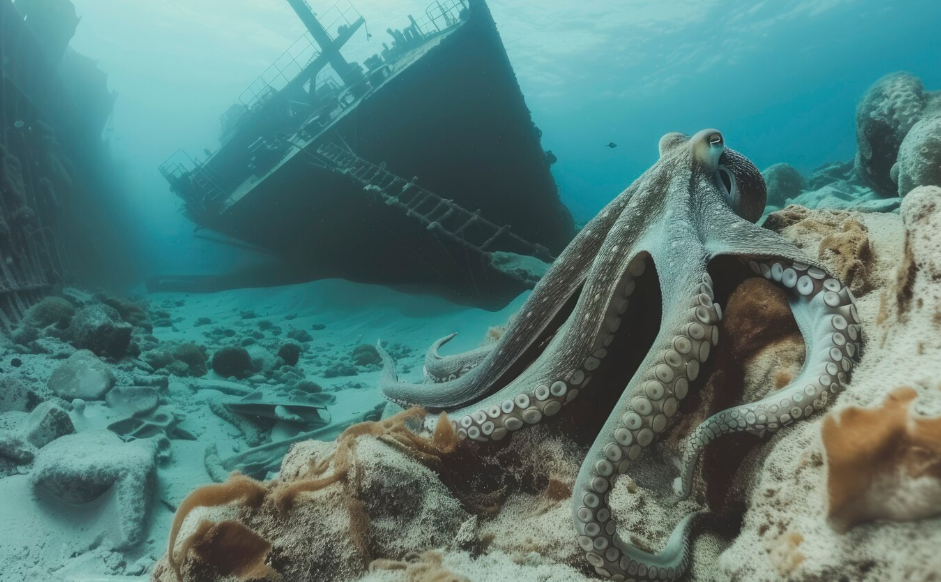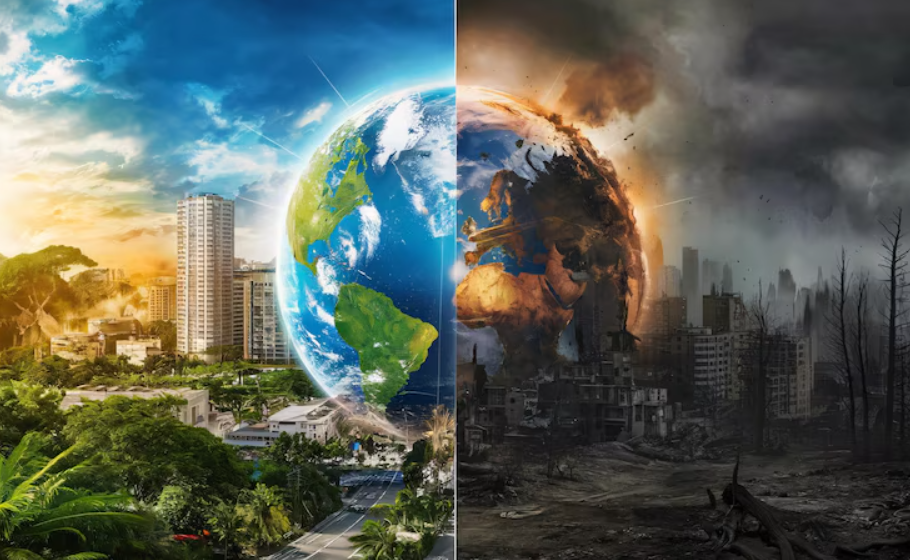Nigeria has called on the international community to accelerate the ratification of the Biodiversity Beyond National Jurisdiction (BBNJ) treaty, also known as the UN High Seas Treaty, during the United Nations Ocean Conference held this week in Nice, France. The country emphasized the urgent need for global cooperation in protecting marine biodiversity and addressing the worsening impacts of climate change on ocean ecosystems.
The BBNJ treaty, adopted by the United Nations in June 2023, is a historic legal framework aimed at conserving and ensuring the sustainable use of marine biological diversity in areas beyond national jurisdictions—covering nearly two-thirds of the world’s oceans that lie outside individual countries’ exclusive economic zones (EEZs).
Nigeria’s Call for Global Commitment
Leading Nigeria’s delegation, Minister of Marine and Blue Economy, Adegboyega Oyetola, highlighted the critical role of healthy oceans in climate regulation, food security, and sustainable development—particularly for developing coastal nations like Nigeria.
“Oceans are not just sources of livelihood; they are life-support systems for the planet,” Oyetola told delegates. “We urge all nations to promptly ratify the BBNJ agreement and commit to increased financing for marine protection and biodiversity conservation.”
Nigeria’s call was in alignment with the overarching theme of the UN Ocean Conference: “Scaling Up Ocean Action Based on Science and Innovation for the Implementation of Goal 14: Stocktaking, Partnerships and Solutions.” The country also reiterated the need for technology transfer, capacity building, and fair benefit-sharing mechanisms to empower developing countries in managing their marine resources.
Nigeria’s Marine Challenges and Blue Economy Ambitions
Despite having one of the longest coastlines in West Africa and an Exclusive Economic Zone spanning over 200 nautical miles, Nigeria faces significant ocean-related challenges—including pollution, illegal fishing, coastal erosion, and limited marine research capacity.
To address these, Nigeria established the Ministry of Marine and Blue Economy in 2023 under President Bola Ahmed Tinubu’s administration, aiming to harness the untapped potential of the ocean economy estimated to be worth $296 billion globally.
The country’s Blue Economy Master Plan, currently in development, emphasizes ocean sustainability, maritime security, offshore energy, and port modernization as critical pathways to economic diversification and job creation.
Funding and Technology Transfer Are Key
At the UN conference, Nigeria stressed that treaty ratification must be matched with financial commitments from developed countries to support marine conservation projects in the Global South. This includes support for marine protected areas (MPAs), monitoring and surveillance technologies, and community-led coastal management.
Environmental groups, such as Greenpeace Africa, have praised Nigeria’s advocacy, noting that without funding and fair implementation, the BBNJ treaty risks becoming “another well-meaning document lacking teeth.”
A Race Against Time
As of June 2025, only a handful of countries have ratified the BBNJ agreement. At least 60 ratifications are needed for it to enter into force, a milestone that ocean scientists say must be reached quickly if the world is to reverse the alarming decline in marine biodiversity.
With coastal ecosystems under severe threat due to climate-induced ocean warming, acidification, and overexploitation, Nigeria’s proactive push at the UN Ocean Conference positions it as a regional leader in marine diplomacy and a global voice for ocean equity.
Conclusion
Nigeria’s strong stance in France reflects growing awareness of the oceans’ importance not just as ecological treasures but as economic frontiers. By championing the BBNJ treaty and advocating for equitable ocean governance, Nigeria is not only safeguarding its coastal future but also pushing the world toward a more just and sustainable blue economy.
For more updates on Nigeria’s environmental diplomacy and ocean policies, visit Xamblog.com.
Last Updated on June 12, 2025 by kingstar





